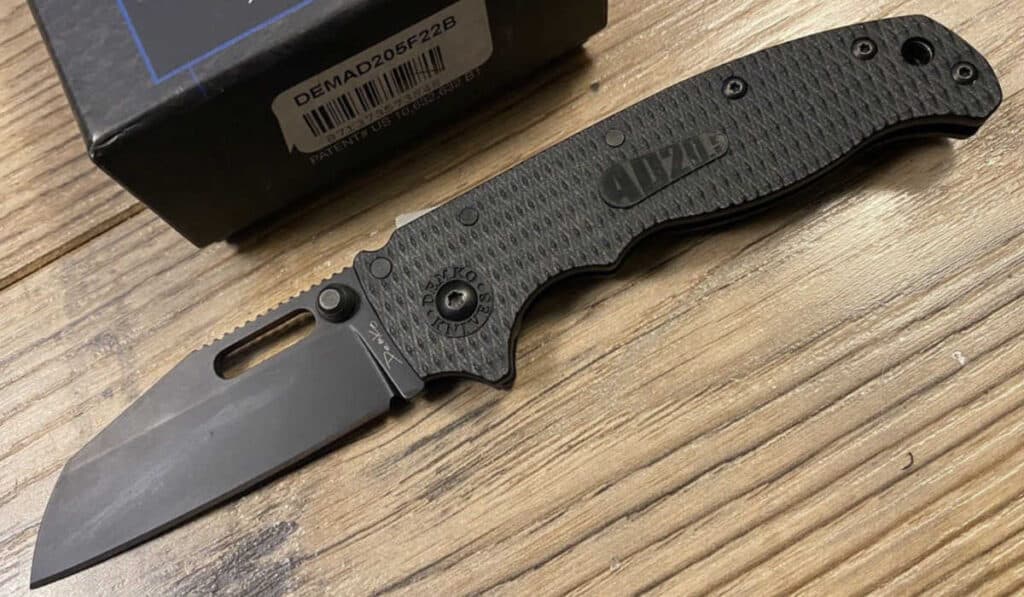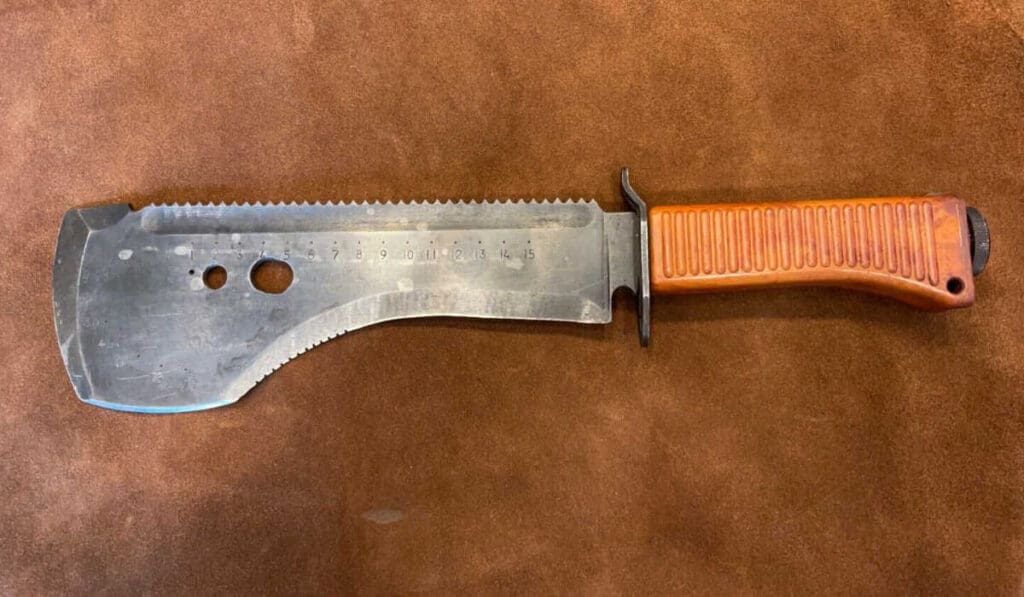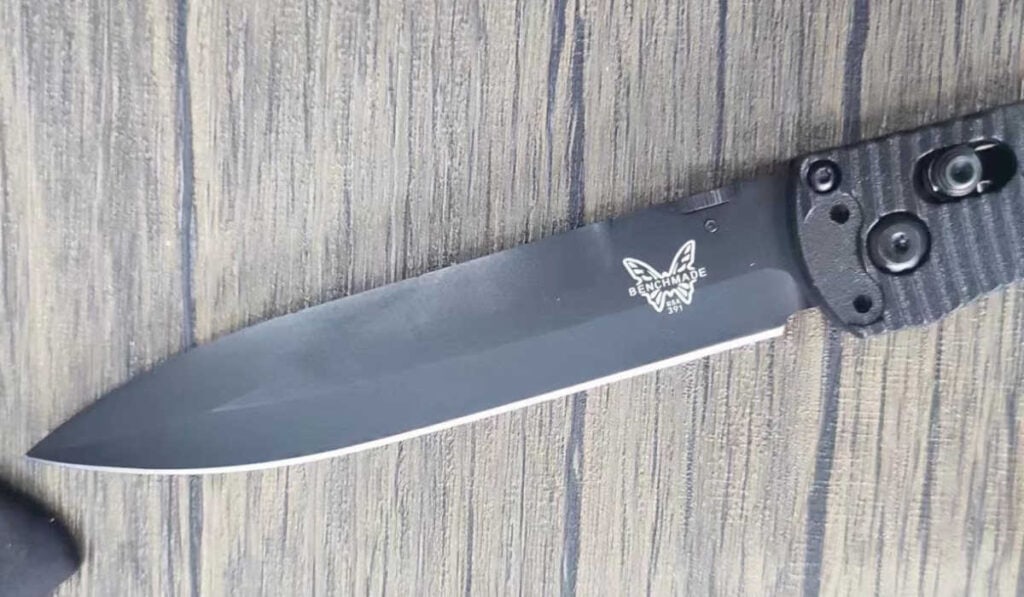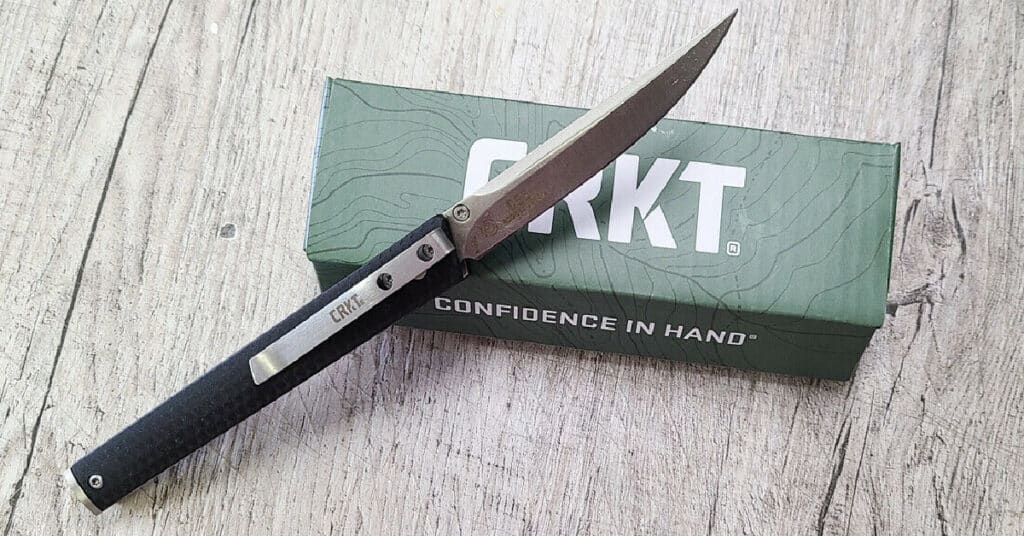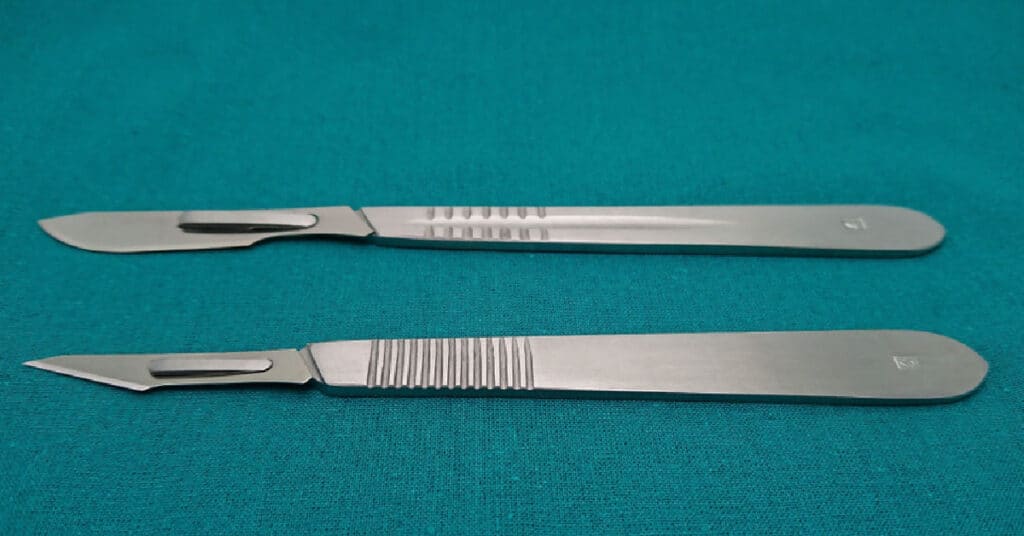Last updated on October 21st, 2023 at 05:25 pm
As an Amazon Associate I earn from qualifying purchases.
Pennsylvania has recently had major changes to its knife laws.
Pennsylvania recently updated its knife laws, bringing more flexibility to knife enthusiasts. Effective from January 3, 2023, the state lifted restrictions on the commerce, possession, and carry of automatic knives that were originally enacted in April of 1956.
As a knife owner, it is crucial to stay on the cutting edge of development within the space so this guide will summarize everything you need to know about Pennsylvania knife laws.
Our Top Rated “50-State-Legal” Knives
*These knives are listed based on their broad legality across states, but always consult your local laws before making a purchase.
Does Pennsylvania Have Statewide Preemption Laws Knife Laws?
Pennsylvania lacks a statewide preemption law concerning knives. This means different counties within the state can set their own knife restrictions. Philadelphia, for instance, has stringent laws that prohibit the possession of any knife on public streets or public property, making it a notable exception to the more relaxed state laws.
To navigate these local nuances, consulting with local law enforcement or researching the specific knife laws of any county you plan on visiting is advisable.
What Knives Are Legal to Own In Pennsylvania?
The following knives are legal to own in Pennsylvania:
- Pocket Knife
- Bowie Knife
- Butterfly or Balisong Knife
- Penknife
- Any kind of Hunting Knife
- Automatic Knife (for lawful purposes)
The term “offensive weapons” which used to cover certain types of knives has been amended, removing knives and other cutting instruments from this category. Now, offensive weapons refer to items like bombs, machine guns, and other implements meant to inflict serious bodily harm and which serve no common lawful purpose.
While you can own any of the above-listed knives, possessing them with criminal intent, especially in concealed manner, could land you in legal trouble.
Restricted Knives In Pennsylvania
There are no specifically restricted knives in Pennsylvania at the state level, although local restrictions like those in Philadelphia may apply.
Knife Carry Laws In Pennsylvania
Understanding which knives you can carry, where, and under what circumstances is vital to staying on the right side of the law. Here are some Pennsylvania-specific guidelines:
- Carrying an automatic knife without a lawful purpose is discouraged.
- It’s illegal to carry any knife on school or courthouse grounds.
- Carrying a knife with the intent to harm or for any unlawful purpose is prohibited.
- Concealed carry is not distinguished from open carry, except where there’s an intent to use the knife criminally.
- It’s legal to carry any knife for a common lawful purpose.
Transporting knives classified as “offensive weapons” in the past should still be done with caution, ensuring they are secured in a carrying case or similar, especially while in public places.
Violating Pennsylvania’s knife carrying laws could result in a fine of at least $300 and imprisonment for a minimum of 90 days.
Knife Length Laws In Pennsylvania
State law doesn’t specify restrictions for knives over a certain length. However, local laws may impose their own length restrictions, so checking your local laws is advised.
Knife Laws In Philadelphia
Philadelphia stands out for its strict knife laws, prohibiting the possession of any knife on public streets or public property, except for certain exemptions like tools used in trades or knives transported securely from the place of purchase to one’s residence or business.
Pennsylvania Knife Law FAQs
How Old Do You Have To Be To Buy or Carry A Knife In Pennsylvania?
Pennsylvania law prohibits the sale or transfer of any “deadly weapon” to anyone under the age of 18. A “deadly weapon” is defined as a knife “designed as a weapon and capable of producing death or serious bodily injury”.
Can You Conceal Carry A Knife In Pennsylvania?
Pennsylvania law does not distinguish between open and concealed carry of a weapon, unless there’s intent to use it criminally.
Can A Felon Own And Carry A Knife In Pennsylvania?
The law doesn’t specifically prohibit individuals with felony convictions from owning knives, but like all residents, those with felonies are not permitted to carry knives in public places without a valid reason.
Can You Open Carry A Sword In Pennsylvania?
Swords, once considered “offensive weapons,” are now permissible for valid reasons such as display or use in theatrical performances. However, carrying a sword in public places is generally prohibited unless you’re transporting it securely for a purpose like a sword show.
Pennsylvania State Knife Law References
Official Sources of Pennsylvania’s Knife Laws
- Statutes:
- 18 PA. CSA Section 908 (Prohibited offensive weapons)
- 18 PA. CSA Section 912 (Possession of a weapon on school property)
- 18 PA. CSA Section 913 (Possessing instruments of crime).
- Pennsylvania General Assembly Website: This website provides the official legal codes and definitions regarding knife laws in the state.
Significant Court Cases:
| Case Name/Title | Summary |
|---|---|
| Knife Rights, Inc. v. Outlaw | A lawsuit challenging Philadelphia’s ban on the use or possession of any cutting weapon on public streets or public property, and within 100 ft. of any school. Filed on May 5, 2023, in the U.S. District Court for the Eastern District of Pennsylvania. |
Timeline of Major Changes in Pennsylvania’s Knife Law History:
- April 1956: Restrictions on the commerce, possession, and carry of automatic knives were enacted.
- November 3, 2022: Governor Tom Wolf signed House Bill 1929, repealing the ban on automatic knives.
- January 2, 2023: The repeal of the ban on automatic knives became effective, allowing for the possession, sale, and repair of such knives.
Conclusion
At the end of the day, understanding Pennsylvania knife laws doesn’t seem overly complicated, which probably means that I understood about half of it.
If you are on the edge of what is considered legal you’ll want to call your local offices and asks some very specific questions. If, however, you are a normal person looking to carry a regular pocket knife for daily use you shouldn’t expect much trouble.
Hopefully, I was able to save you from digging through the legalese to learn more about Pennsylvania’s knife laws as it was a bit of a grind!
Just remember that, while I did my best, always keep your eye out for updates and new information from your county or state!
Do Sheepsfoot Blades Have A Purpose? (Cuz They’re Ugly…)
Spetsnaz Machetes – Blades Of The Russian Special Forces
What Is The Actual Purpose Of A Spear Point Knife Blade?
CRKT CEO Review – Coolest, Most Worthless Knife Ever?
How Sharp Is A Scalpel? (Is It Sharper Than A Razor?)
Can You Shave With A Knife? (Yes, Here’s How)
As an Amazon Associate I earn from qualifying purchases.





